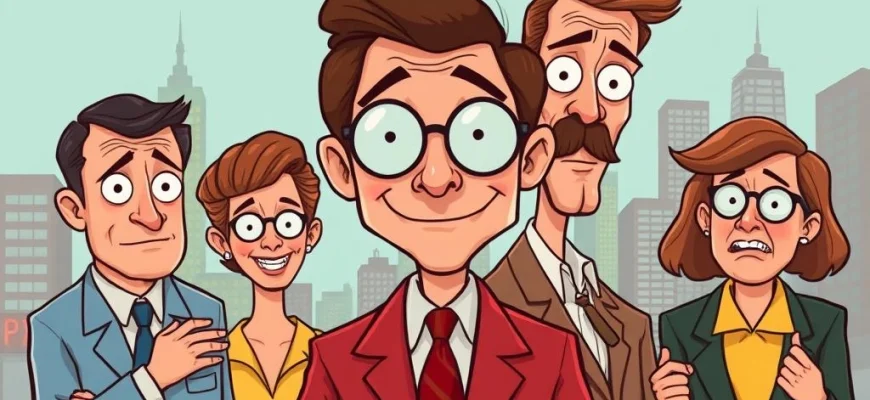If you loved the satirical and subversive brilliance of 'Putney Swope' (1969), you're in for a treat. This article explores 10 movies and shows that share its sharp wit, bold social commentary, and unconventional storytelling. Whether you're a fan of dark comedy or avant-garde cinema, these picks will keep you entertained and thinking.
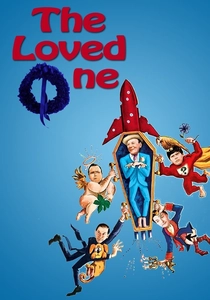
The Loved One (1965)
Description: A macabre comedy that skewers the funeral industry and American materialism, much like the reference film's satirical edge. Its blend of humor and social critique is a defining feature.
Fact: The film was based on Evelyn Waugh's novel and features a screenplay by Terry Southern. It was one of the first Hollywood films to openly mock the funeral business.
 Watch Now
Watch Now 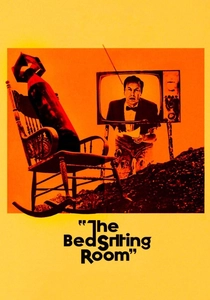
The Bed Sitting Room (1969)
Description: A post-apocalyptic comedy that uses absurdity to critique societal collapse, aligning with the reference film's satirical and surreal tone. Its bleak humor and unconventional narrative are standout features.
Fact: The film features an ensemble cast including Peter Cook and Dudley Moore. It was based on a play by Spike Milligan and John Antrobus.
 Watch Now
Watch Now 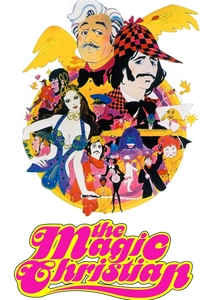
The Magic Christian (1969)
Description: A biting satire on greed and consumerism, using absurd scenarios to highlight the ridiculousness of human behavior. Its irreverent tone and critique of capitalism align closely with the reference film's themes.
Fact: The movie stars Peter Sellers and Ringo Starr, and features a cameo by John Cleese. The film's title refers to a luxury cruise ship that becomes a vehicle for social commentary.
 Watch Now
Watch Now 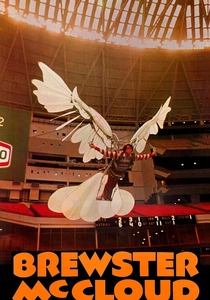
Brewster McCloud (1970)
Description: A surreal and satirical take on American society, blending dark humor with absurdist elements, much like the reference film. It critiques societal norms through unconventional storytelling and visual style.
Fact: The film features a young Shelley Duvall in her first major role. It was directed by Robert Altman, known for his ensemble casts and overlapping dialogue.
 Watch Now
Watch Now 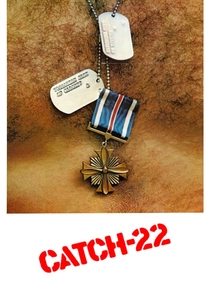
Catch-22 (1970)
Description: A darkly comedic and absurdist portrayal of war and bureaucracy, mirroring the reference film's use of satire to expose systemic flaws. Its nonlinear narrative and cynical tone are key similarities.
Fact: Based on Joseph Heller's novel, the film was considered a box office failure initially but gained a cult following. It was one of the first major films to critique the military-industrial complex.
 Watch Now
Watch Now 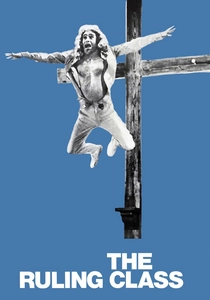
The Ruling Class (1972)
Description: A satirical and surreal exploration of aristocracy and mental illness, using dark comedy to critique societal hierarchies. Its absurdist approach and biting wit are reminiscent of the reference film.
Fact: Peter O'Toole delivers a career-defining performance as a nobleman who believes he is Jesus Christ. The film was initially controversial for its irreverent treatment of religion and class.
 Watch Now
Watch Now 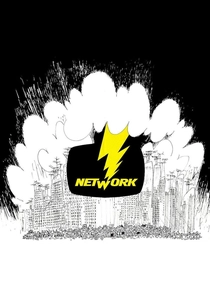
Network (1976)
Description: A scathing indictment of media sensationalism and corporate greed, delivered with a mix of drama and dark humor. Its prophetic critique of television culture resonates with the reference film's themes.
Fact: The film won four Academy Awards, including Best Actor for Peter Finch. The famous line 'I'm as mad as hell, and I'm not going to take this anymore!' became a cultural catchphrase.
 Watch Now
Watch Now 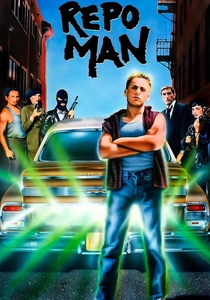
Repo Man (1984)
Description: A punk-infused satire on consumer culture and alienation, delivered with a mix of humor and existential dread. Its offbeat style and critique of modernity echo the reference film's approach.
Fact: The film's soundtrack is a landmark of punk music, featuring bands like Black Flag and The Circle Jerks. It was a cult hit that gained a dedicated following over the years.
 Watch Now
Watch Now 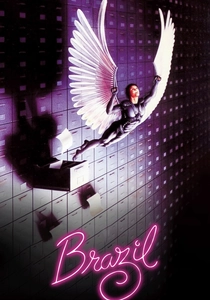
Brazil (1985)
Description: A dystopian satire that blends bureaucratic absurdity with dark humor, much like the reference film. Its visual style and thematic focus on systemic dysfunction are key parallels.
Fact: The film's title refers to the song 'Brazil,' which serves as a recurring motif. Terry Gilliam fought extensively with the studio to preserve his original vision for the film.
 Watch Now
Watch Now 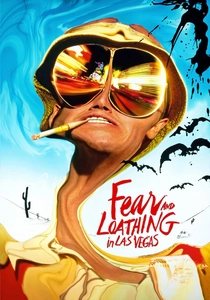
Fear and Loathing in Las Vegas (1998)
Description: A hallucinogenic and satirical journey through American excess, mirroring the reference film's use of absurdity to critique society. Its chaotic energy and visual style are key similarities.
Fact: The film is based on Hunter S. Thompson's novel and stars Johnny Depp as Raoul Duke. Director Terry Gilliam was initially hesitant to adapt the book due to its cult status.
 Watch Now
Watch Now 
